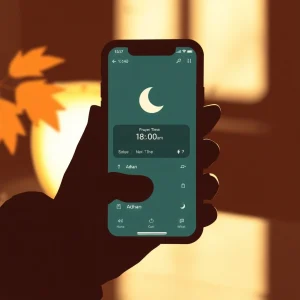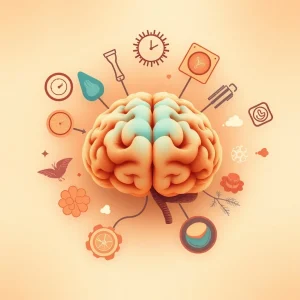A comprehensive guide for maintaining hydration
This article provides a comprehensive guide for maintaining hydration throughout Ramadan. Muslims worldwide observe Ramadan as the ninth Islamic lunar month to experience spiritual reflection while practicing self-discipline with greater devotion. Muslims observe taking food and water during daily fasting and abstaining from eating from morning until evening during Ramadan. Fasting during Ramadan presents significant challenges, particularly in maintaining hydration throughout the day. The combination of energy sustainability with functional support and general welfare requires adequate hydration throughout the holy period of Ramadan. This article presents realistic hydration methods for Ramadan believers while responding to their common questions and providing images that complement the dimensions of this content on your site.

The Importance of Hydration During Ramadan
Every body function depends heavily on water because it regulates temperature as well as aids digestion while it transports nutrients throughout the body. People observing Ramadan need to be vigilant about dehydration since fasting times prolong throughout warm summer months as well as in warmer regions. The signs of dehydration consist of exhaustion and headaches, together with dizziness and impaired focus, which block people from engaging in their daily routines as well as spiritual commitments.
It is necessary to implement strategies that maintain your fluid levels during daytime hours to prevent dehydration.
Several simple steps to maintain proper hydration during Ramadan
1. Water consumption should always be the priority during Suhoor and Iftar times.
You should consume fluid through Suhoor (pre-dawn meal) and Iftar (the meal to end daily fasting) since they provide the primary approaches for fluid replacement within your body. Drinking water should be the main liquid choice during Suhoor and Iftar events throughout Ramadan. When observing Ramadan, people should have 6 to 9 glasses of water at Suhoor, followed by another 6 to 9 glasses at Iftar. Avoid caffeine and sugary drinks, as they exacerbate the symptoms of dehydration.
2. Incorporate Hydrating Foods
Besides water, you should increase your hydration levels by eating watery foods. Watermelon and oranges, together with cucumbers and strawberries, form an ideal hydration combination for Ramadan. Traditional Iftar dinners include soup and broth, which adds to your daily water consumption.
3. Avoid Salty and Spicy Foods
The consumption of salty foods as well as spicy foods will make your body thirstier through osmosis while creating dehydration. At Suhoor, select wholesome food combinations containing carbohydrates, proteins, and healthy fats, but stay away from sharp and spicy meals.
4. Sip Water Throughout the Night
Drinking water continuously between Iftar and Suhoor works better than drinking multiple large quantities at once. Water absorption by your body increases effectively when you adopt this drinking method, which reduces bloating.
5. Limit Caffeine Intake
The function of caffeinated beverages such as coffee and tea combined with soda leads to water loss in your body through diuretic activity. People who must consume caffeine can manage their intake by balancing it with enough water intake.
6. Use a Hydration Tracker
This application serves as a tool to track your water intake, particularly for individuals who may have neglected their regular water usage to stay hydrated. Using this strategy helps you maintain proper hydration throughout non-fasting daily periods.

7. Stay Cool and Avoid Overexertion
You must remain in areas with lower temperatures while preventing yourself from taking exhausting exercises, which would lead to heavy sweating. It is advisable to exercise following sunset (Iftar) to quickly replenish hydration levels.
FAQs About Hydration During Ramadan

Conclusion
Health maintenance depends on proper hydration throughout Ramadan because it enables complete participation in the spiritual ceremonies of the month. Drinking enough water together with hydrating foods and proper meal selection will help you fight dehydration, thus allowing you to experience an enjoyable Ramadan. Proper planning combined with paying attention to your body signals leads to success in following this month’s practices.
Your Ramadan preparations should include spreading these tips about hydration to the people in your community so they can remain both hydrated and healthy. Visual content that connects to your audience should accompany your information to increase its engagement value.







